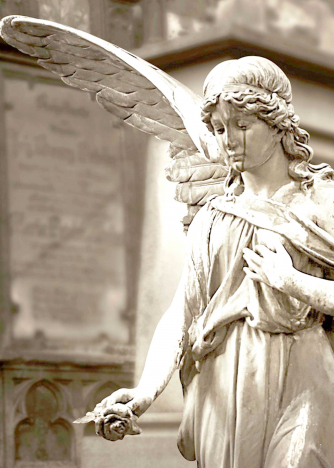Details
Chester Cathedral
Saint Werburgh Street
Chester
Cheshire
CH1 2DY
England
Programme
Gabriel Fauré – Requiem, Op.48 (1883)
John Rutter – Requiem
Gabriel Fauré – Elegie for Cello and Orchestra in C minor, Op.24 (orch. 1890)
Performers
Olivia Hunt – soprano
Damian O'Keeffe – baritone
Graham Jordan Ellis – Conductor
Chester Music Society Choir
Elysian Chamber Ensemble
Other concerts in this Series (+)
Programme Note
Fauré composed his popular Requiem between 1887 and 1890, finishing it in 1900. In seven movements, the work is scored for soprano and baritone soloists, mixed choir, orchestra and organ. Different from typical Requiem settings, the full sequence Dies irae is omitted, replaced by Pie Jesu which is often performed as a soprano solo. The final movement In Paradisum is based on a text that is not part of the liturgy of the funeral Mass but of the burial.
Fauré wrote of the work, "Everything I managed to entertain by way of religious illusion I put into my Requiem, which moreover is dominated from beginning to end by a very human feeling of faith in eternal rest."
John Rutter needs no introduction to British audiences. Best known for his approachable and tuneful Christmas carols, his Requiem, written in English, was completed in 1985. Five of its seven movements are based on text from the Latin Requiem Mass, while the second movement is a setting of "Out of the deep" (Psalm 130) and the sixth movement is an anthem: The Lord is my Shepherd (Psalm 23), which Rutter had written earlier.
Fauré's Élégie (Elegy), was written in 1880, and first performed in public in 1883. Originally for cello and piano, the piece was later orchestrated by the composer. The work features a sad and sombre opening and climaxes with an intense, tempestuous central section before returning to the elegiac opening theme

 Your events at Classical Events
Your events at Classical Events

